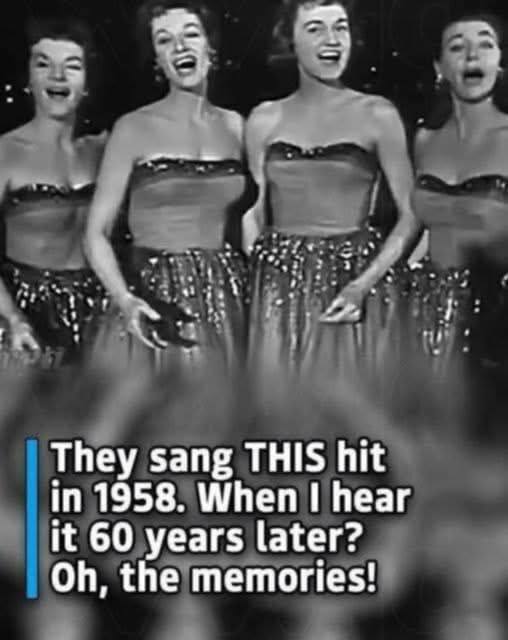It began as a routine day: my washing machine was leaking. I called a repairman, Ruben, and within an hour, he had fixed it. I paid him, and he was about to leave—then he handed me a small slip of paper, looking nervous.
The note read: “Please call me. It’s about someone you know.” My first reaction was confusion. I almost tossed it, but his hesitant eyes and shaking hand made me pause. Ruben, around 25, seemed polite and sincere—hardly the type to hand a cryptic message to a stranger.
The next day, curiosity got the better of me. I dialed the number, and Ruben answered quickly.
“Hi, this is… the washing machine lady,” I said awkwardly.
He cleared his throat. “Thank you for calling. Do you know someone named Felix Deren?”
My heart skipped. Felix Deren was my ex-husband. We hadn’t spoken in over seven years, since our divorce ended painfully. He had moved far away, and I never knew what became of him.
“Yes, I know him,” I said cautiously. “Why?”
Ruben hesitated, then said, “He’s my father.”
I was stunned.
“He… he passed away?” I asked, barely breathing.
“Yes, in February,” Ruben confirmed.
The story unfolded: Felix had moved to San Luis Obispo, started painting, and lived quietly. Ruben’s mother, Elira, had a brief relationship with Felix, never telling him she was pregnant. She raised Ruben alone. Felix had only learned about Ruben a year before his death and had tried to reach out, leaving a box with letters and pictures. My name was included.
Ruben and I met the next day at a quiet coffee shop. He handed me a yellowed envelope in Felix’s handwriting. Inside were four pages: an apology for our failed marriage, cherished memories only he would recall, details about Ruben, and finally a request for my forgiveness, urging me to see Ruben for who he was.
Tears filled my eyes. Ruben stayed silent, letting me absorb it all.
Over the following weeks, Ruben and I built a gentle connection. He helped fix my dryer, the backyard sprinklers, and even assisted with minor household projects. I started baking again, always making extra for him. One evening, we sat on the porch, sipping lemonade, and he admitted he had wondered what it would be like to have a family. I replied simply, “So did I.”
Ruben began calling every Sunday, sharing small updates and asking for recipe advice. A few months later, he brought his mother, Elira, to meet me. She arrived with a lemon tart and humor that lightened the room. Together, we laughed, shared stories, and looked at Felix’s paintings. One portrait, painted from memory, depicted me years later, capturing a quiet smile I never posed for.
Later, Ruben invited me to an art auction featuring Felix’s work. There, I saw a painting titled “The Last Thing I Remember”—our old kitchen, sunlight spilling over a cup of tea, a red cardigan draped on a chair. Felix had painted me from memory, even during his quiet battle with cancer.
Over time, Ruben became an irreplaceable part of my life. He helped with repairs, shared meals, and brought small tokens of thoughtfulness. One evening, while going through Felix’s belongings, we found a letter addressed to “the person who stayed,” emphasizing patience, care, and quiet love.
Ruben asked, “I know I’m not your son. But can I stick around?”
I laughed through tears. “You already have.”
Our relationship defies labels. We share tasks, laughter, and quiet moments. Last Christmas, Ruben gifted a painting of my house with snow falling outside, a small figure at the doorway holding a wrench and pie. Beneath it, a simple line: “Home Is Who Stays.”
That leaking washing machine didn’t just get fixed—it brought me back a connection I never thought I’d have. Life has a way of giving second chances in unexpected forms.
Sometimes, the people we are meant to love and care for arrive after the repairs. That day, a broken appliance delivered a family I didn’t know I was allowed to have.
If this story touched your heart, consider sharing it. You never know who might need a reminder about second chances.
















